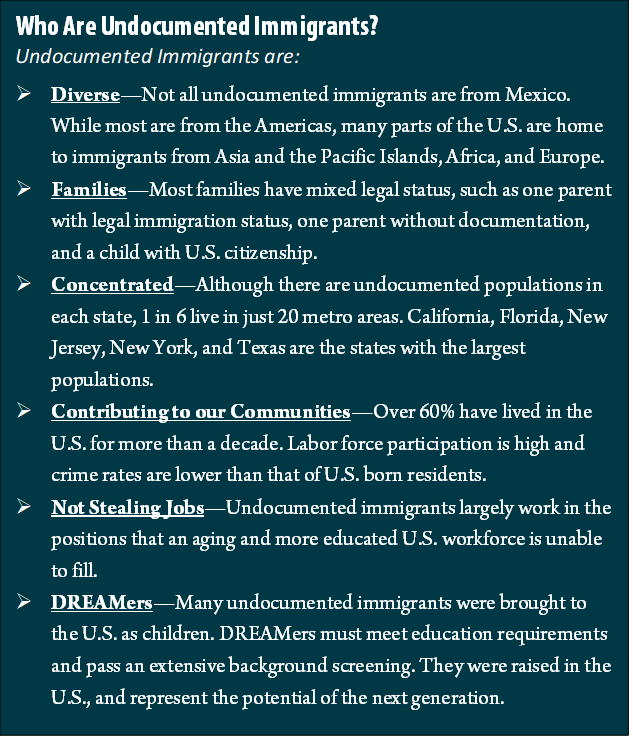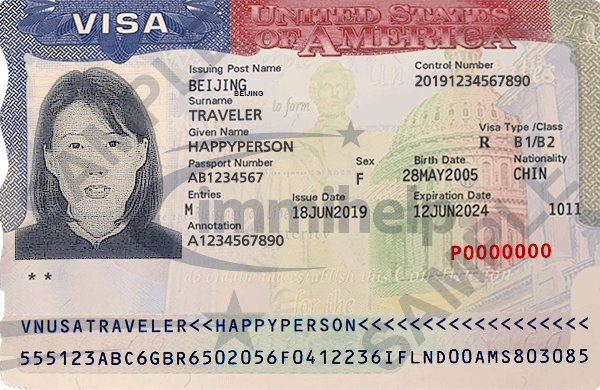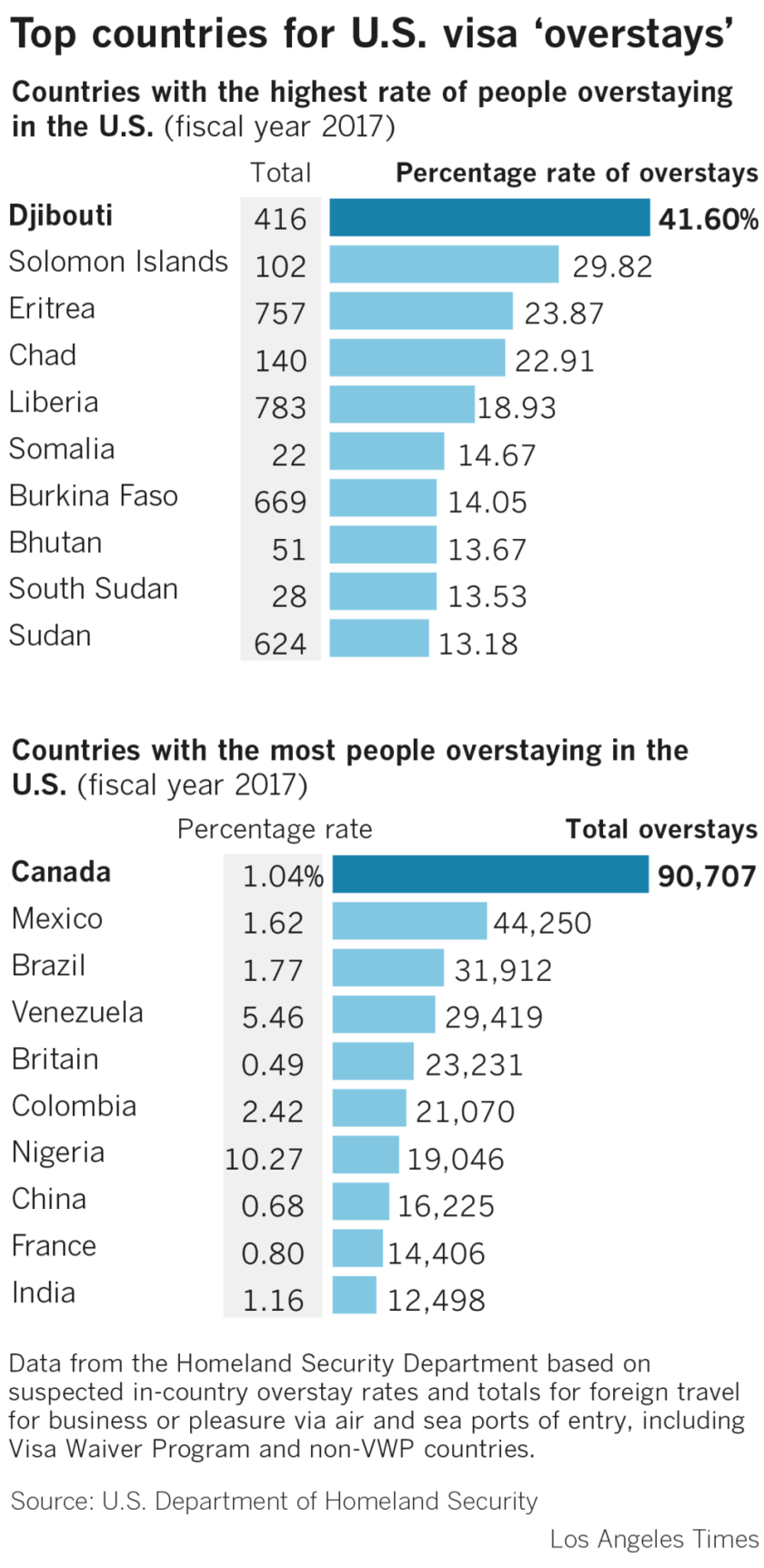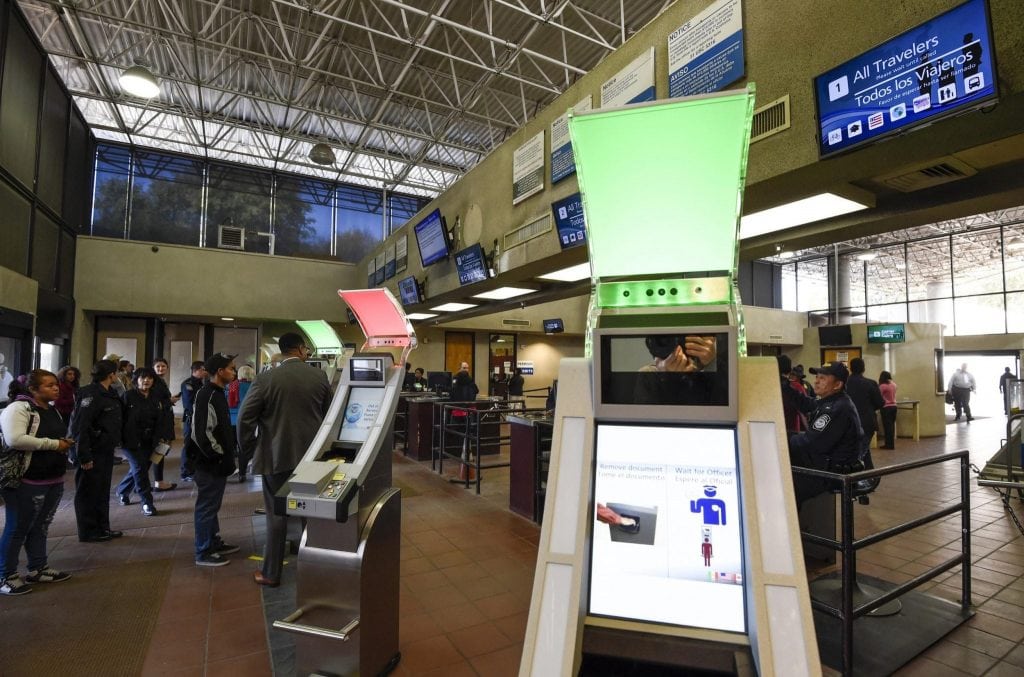Hello Everyone:
It is a lovely Wednesday afternoon and Your Truly has today's summary of the Senate trial of Mr. Donald Trump. The big news is rule changes. After a marathon 12-hour opening day, the Senate adopted the ground rules (npr.org; Jan. 21, 2020; date accessed Jan. 22, 2020), along party lines, with two major changes. The first change was an additional day for opening statements. Second change was the admission of the House evidence into the official record, if there were no objections. The admission of the House evidence was a big concession to moderate Republicans and Senate Democrats, some of whom participated in the Clinton Senate trial, despite Senate Majority Leader Mitch McConnell (R-KY) that his draft of the rules closely hewed to the Clinton trial rules in 1999. Senator McConnell is a savvy enough politician to realize that his moderate colleagues and Democrats was a response to accusations that his rules skewed too favorably toward the White House and demands for a fair trial. What comes next? Stay tuned. Onward
 |
| You think you know? itep.org |
Who really are America's undocumented immigrants. Do you think you know who they are and where they live? Whatever your assumptions are, think again. We tend to think of undocumented immigrants come over the southern United States border from somewhere in Central America with no skills, no money, little or no English. They are criminals, drug dealers, non-contributing drain on already limited resources. Sound familiar? The reality is completely different from what the president, his media and Congressional supporters would have you believe. To illustrate Blogger's point, let us take a look at Eddie Oh and his family.
Eddie Oh was industrial engineer in South Korea. In 1998, he lost his job during the financial crisis that gripped the Far East Asian nation. With no prospects in sight, he used his savings to pay for his family's airfare to California. On his visa application, he told the U.S. embassy that he and his wife and their children Eli and Sue were going on vacation. They were granted a six month visa.
The Ohs ended up in the upscale Silicon Valley community of Sunnyvale, near San Jose, California. They moved into a tiny apartment, rented by a relative, nine people crammed together. Mr. Oh got a job as house painter, his wife found employment as a server, and the children went to a local school. Eli Oh, now a critical car response nurse at Stanford University told The New York Times,
We were constantly in debt. We struggled to pay the rent,... Nobody ever thought we were illegally here because we didn't fit the stereotype. (nytimes.com; Dec. 1, 2019; date accessed Jan 22, 2020)
The Ohs are not an isolated case.
 |
| Sample U.S. tourist visa immihelp.com |
Although the president has staked much of his tenure on ending the flow of undocumented immigrants across the southern border, the Ohs perfectly legal, roundabout path to the United States is one of the many unknown and least documented (no pun intended) immigration stories.
Miriam Jordan reports, "Some 350,000 travelers arrive by air in the United States each day. From Asia, South America and Africa, they come mostly with visas allow them to tour, study, do business or attend a conference for an authorized period of time" (Ibid). However, when they stay beyond their visa's expiration, some fall into the same illegal status associated with migrants passing over the southern border.
Ms. Jordan writes, "Nearly half of the estimated 11 million undocumented immigrants in the country did not trek through the desert or wade across the Rio Grande to enter the country; they flew in with a visa, passed inspection at the airport--and stayed" (Ibid).
 |
| qz.com |
The non-partisan think tank Center for Migration Studies estimated that "Of the roughly 3.5 million undocumented immigrants who entered the country between 2010 and 2017, 65 percent arrived with full permission stamped into their passports,..." (Ibid). During the study period, arrivals from India counted for the majority of the overstays. Robert Warren, the demographer who tallied the overstays using the Census Bureau's annual American Community Survey, told The Times.
A big overlooked immigration story is that twice as many people came in with a visa than came across the border illegally in recent years (Ibid)
This something to consider as the White House continues to call for hiring more border patrol agents and tries to find money to build that wall. The Department of Homeland Security (dhs.gov; Apr. 23, 2019; date accessed Jan. 22, 2020) said it has some success in reducing the number of overstays in the past two years but enforcement is hard because federal authorities are only just gaining access to better information on who has not left the country. Jessica Vaughan, a former federal visa officer now a policy director with Center for Immigration Studies, said,
Once they are in the country, they home free because there is so little interior enforcement (Ibid)
 |
| latimes.com |
The majority of undocumented Asians--mostly from India--have taken up residence in Silicon Valley, about 50 miles southeast of San Francisco, according to Center for Migration Studies analysis (Ibid). Tech companies like Apple and Google, with headquarters in the area, have sponsored their South Asian employees for legal work visas or permanent residency. Some stay on as independent contractors after their visas expire or after leaving the company.
However, skilled workers are part of the story. The majority of undocumented South Asians in the Silicon Valley work in low-skilled service jobs, such as supermarkets, clothing stores, and restaurants that cater to their more affluent fellow South Asians.
People like S. Singh, who works in a diner, said he arrived in the U.S. in 2017 or the Indian grocery store workers who arrange the shelf with tasty treats from home. They hesitated to answer The New York Times' questions, only saying they arrived with tourist and student visas, then stayed after they expired. Ankit, an Indian engineer with a work visa, summarized the situation,
There are no legal pathways for people working in restaurants and grocery stores,.... These workers are coming for a better life (Ibid).
 |
| Facial recognition tracker skift.com |
Typically travelers are photographed and fingerprinted at American consulates when they receive their visas and again when they enter the United States. However, Customs and Border Protection still, by-and-large, depends on information from airlines manifest to count who did not leave on time or at all. In 2016, federal agents began collaborating with airlines and airports to install bio-metric facial comparison systems at departure gates. A digital picture is taken of the passenger as they board the plane and compared with the one taken upon arrival. Ugh, had Yours Truly known this, she would have used lipstick and combed her hair, at the least.
To date, the program covers about 4 to 5 percent of those departing by air each, according to John F. Wagner, deputy assistant executive commissioner for CBP (Ibid). Mr. Wagner hopes that within three years to cover 90 percent of the airports. Immigration and Customs Enforcement's priority is identifying those individuals who pose a national security or public-safety threat. In fiscal 2018, its Homeland Security unit arrested 1,808 individuals in connection with visa overstays (Ibid).
| Asian undocumented immigrants time.com |
Many who overstay their visa, do not purposely do so. They enter with a specific purpose--e.g. work or school--then fall out of status for a variety of reason and there is no simple way to correct the violation. Sometimes the violation is missing a deadline or committing an error on an immigration form that makes them eligible for deportation. Sometimes their employer transfers their employee to a new work site and forget to update their forms, as required, which cancels legal status.
Some stay because they have established ties to their community. Among Asians, being undocumented is a source of shame for the family. However, in place like Sunnyvale. California, it is not that difficult for people to hide their immigration status, especially if they are not from Mexico, Central or South America. They tell their families to keep their heads down and not speak up. They get low-wage service jobs and avoid any attention. If everyone who shouted "send all those illegals back" only knew.
No comments:
Post a Comment